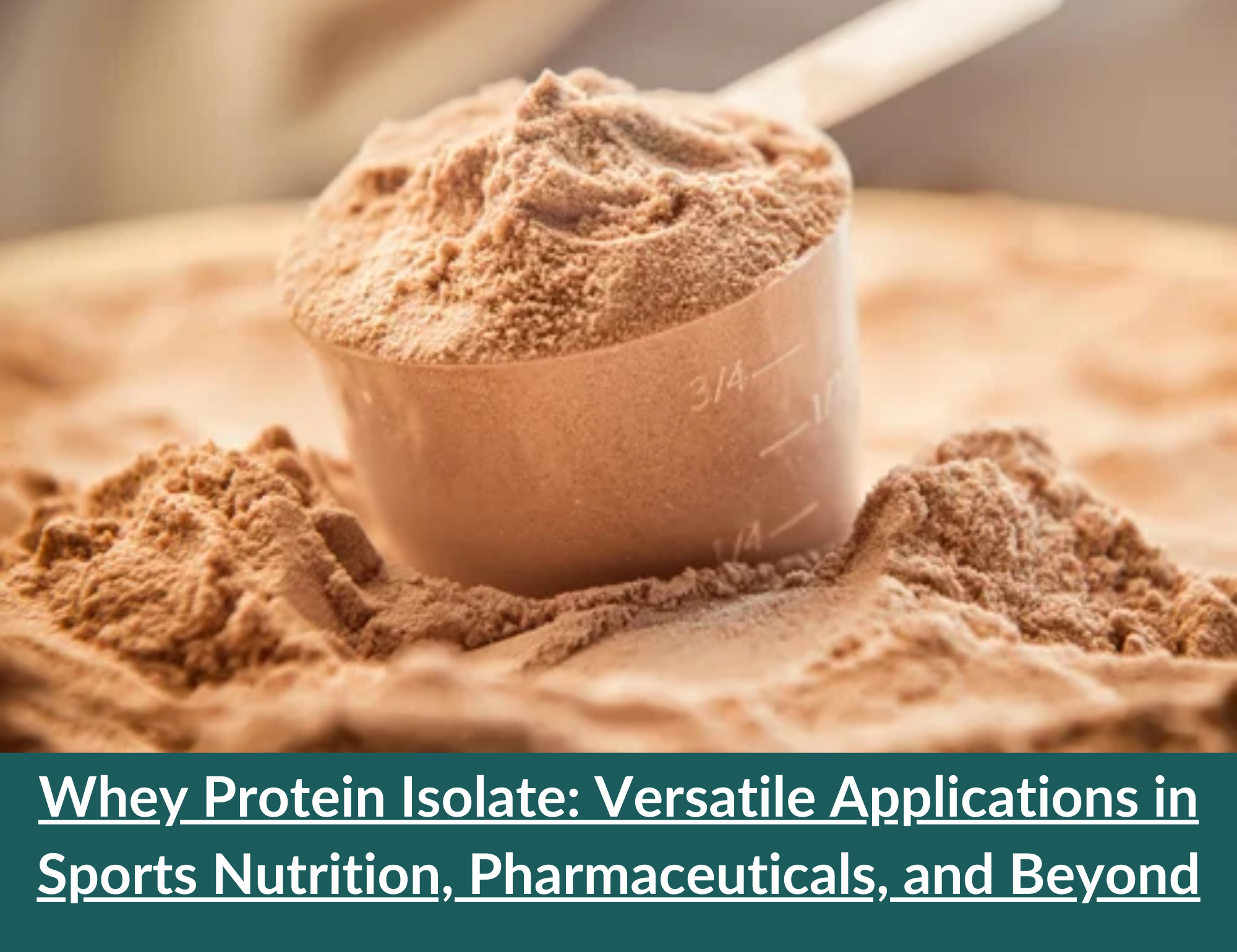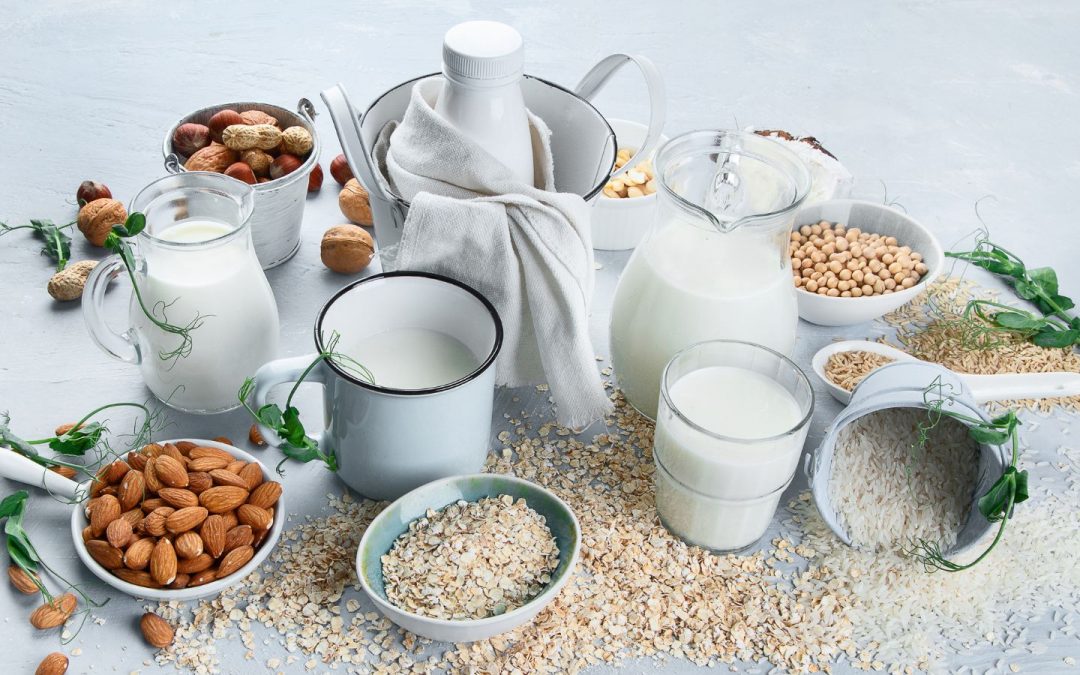Whey protein isolate (WPI) is a popular dietary supplement among fitness enthusiasts and athletes. It is a high-quality protein derived from milk. It is considered one of the most effective and easily digestible forms of protein.
This article explores the science behind whey protein isolate, its composition, and its many benefits.
What is Whey Protein Isolate?
Whey protein isolate is a protein supplement made from whey, a liquid byproduct of cheese-making. It is created by filtering out most of the non-protein components of whey, such as lactose, fats, and minerals. This process results in a protein supplement that is almost 100% pure protein, with very low levels of carbohydrates, fats, and other impurities.
Composition of whey protein isolate
Whey protein isolate is a complete protein, meaning it contains all the essential amino acids that the body needs to build and repair muscles and other tissues.

The primary component of whey protein isolate is beta-lactoglobulin, which makes up around 50% of the protein content. Other proteins found in WPI include alpha-lactalbumin, glycomacropeptide, immunoglobulins, and lactoferrin.

How to use whey protein isolate
Whey protein isolate is a versatile supplement that can be used in various ways.
- It is commonly consumed as a protein shake, mixed with water, milk, or other liquids.
- It can also boost the protein content of smoothies, oatmeal, and other foods.
The recommended daily intake of whey protein isolate varies depending on individual goals and needs. Still, most people can benefit from consuming around 20-30 grams daily.
Benefits of whey protein isolate
Whey protein isolate is a highly effective protein supplement that offers a wide range of benefits for the body. These benefits include:
- Muscle growth and recovery: Whey protein isolate is a highly effective supplement for building and repairing muscle tissue. The high protein concentration in WPI gives the body the amino acids needed to build new muscle tissue and repair damaged muscle fibres after exercise.
- Weight loss: Whey protein isolate can help to promote weight loss by increasing feelings of fullness and reducing overall calorie intake. The high protein content of WPI also helps to preserve lean muscle mass during weight loss, which can help to maintain a healthy metabolism.
- Improved immune function: The proteins found in whey protein isolate, particularly lactoferrin and immunoglobulins, have been shown to have immune-boosting properties. These proteins can help to enhance the body’s natural defence mechanisms, reducing the risk of infection and illness.
- Reduced inflammation: Some studies have shown that whey protein isolate can help to reduce inflammation in the body, particularly in people with conditions such as osteoarthritis.
Whey protein isolate is a highly effective protein supplement that offers a wide range of bodily benefits. Its composition and properties make it an ideal supplement for promoting muscle growth and recovery, supporting weight loss, and enhancing immune function.
By understanding the science behind whey protein isolate, you can decide whether it is right for you and how best to incorporate it into your diet.
If you’re in search of a convenient method to buy, then you have arrived at the ideal platform.
Our platform offers exceptional deals and a seamless procurement process, making purchasing the ingredients you need to create top-notch products easily. Say goodbye to sourcing difficulties and hello to a better way of doing business with EasyBuy.
Start your journey to easier ingredient sourcing by making your purchase today!
Citations
- Hayes, A., Cribb, P. J. (2008). Effect of whey protein isolate on strength, body composition and muscle hypertrophy during resistance training. Current Opinion in Clinical Nutrition and Metabolic Care, 11(1), 40-44.
- Gropper, Sareen S., Jack L. Smith, and James L. Groff. Advanced nutrition and human metabolism. Cengage Learning, 2008.
- Hoffman, Jay R., and Michael J. Falvo. “Protein – Which is Best?.” Journal of sports science & medicine 3.3 (2004): 118-130.
- Phillips, Stuart M., and Luc JC van Loon. “Dietary protein for athletes: from requirements to metabolic advantage.” Applied Physiology, Nutrition, and Metabolism 41.9 (2016): 837-847.
- Phillips, Stuart M., and Luc JC van Loon. “Dietary protein for athletes: from re








